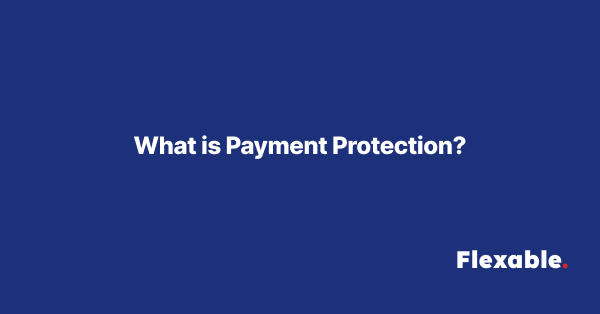In the freelancing industry, payment protection refers to measures and systems designed to ensure that freelancers receive payment for their work, while clients receive the agreed deliverables. Payment protection acts as a safeguard against non-payment or disputes, offering security and trust to both parties in a professional agreement. Freelancing platforms often include payment protection features as part of their services, but these safeguards can also be implemented through independent contracts and payment practices.
Why is Payment Protection Important in Freelancing?
Freelancing inherently involves some level of risk since the relationship between freelancers and clients often begins without prior trust or familiarity. Payment protection addresses these risks by:
- Ensuring Fair Compensation: It guarantees that freelancers are paid for completed work as per agreed terms.
- Building Trust: Clients can be confident that payments are held securely until work is delivered as promised.
- Reducing Financial Loss: Both parties are shielded from losing money or resources due to disputes or non-compliance.
How Payment Protection Works
Payment protection mechanisms vary depending on the tools or platforms being used. Common methods include:
- Escrow Services
Escrow services act as intermediaries between freelancers and clients. The client deposits funds into an escrow account at the start of a project, which are released to the freelancer upon completion and approval of work. This ensures that the funds are secured and only released when both parties fulfill their obligations. - Milestone Payments
For larger projects, payment protection often involves dividing the project into milestones. Payments are made incrementally after the successful completion of each phase, reducing risk for both parties and ensuring steady cash flow for freelancers. - Freelancing Platform Guarantees
Many platforms, such as Upwork, Fiverr, or Freelancer.com, offer built-in payment protection systems. These typically include tools to track work progress (e.g., time-tracking software) and handle disputes if they arise. - Contracts with Clear Terms
Independent freelancers can secure payment protection by drafting detailed contracts that specify payment terms, deliverables, and consequences for non-payment. - Partial Upfront Payments
Collecting a portion of the payment before starting work ensures that freelancers are compensated in case the client fails to fulfill the rest of the agreement.
Key Features of Effective Payment Protection
- Secure Funds: Payment protection systems ensure that funds are reserved upfront, either through escrow or pre-payment.
- Defined Terms: Clear agreements on deliverables, deadlines, and payment schedules are essential for resolving disputes.
- Dispute Resolution: Platforms or systems often include mechanisms for resolving conflicts between freelancers and clients in a fair and timely manner.
- Transparency: Tools like time-tracking, work diaries, or progress reports provide evidence of work completed, reducing misunderstandings.
Benefits of Payment Protection for Freelancers
- Peace of Mind: Freelancers can focus on delivering quality work without worrying about non-payment.
- Professional Security: Payment protection adds a layer of credibility and professionalism to freelance transactions.
- Steady Cash Flow: Systems like milestone payments ensure freelancers receive compensation throughout the project rather than waiting until the end.
Benefits of Payment Protection for Clients
- Assured Deliverables: Clients know their funds are secure until the freelancer meets agreed expectations.
- Reduced Risk: Payment protection minimizes the chances of paying for incomplete or subpar work.
- Trust Building: It fosters a transparent and trustworthy relationship between clients and freelancers.
Challenges in Payment Protection
- Platform Fees: Freelancing platforms that offer payment protection often charge service fees, which can impact earnings or project budgets.
- Dispute Complexity: Resolving disputes may require time and effort, particularly for subjective issues like the quality of deliverables.
- Limited Coverage for Off-Platform Work: Payment protection systems are often tied to specific platforms, leaving independent freelancers to implement their own safeguards.
Best Practices for Ensuring Payment Protection
- Choose Reliable Platforms: Work through platforms with established payment protection systems, particularly for high-value projects.
- Use Escrow Services: Always request escrow payments for projects, especially when working with new clients.
- Draft Clear Contracts: Define all terms, deadlines, and payment schedules in writing before starting work.
- Request Upfront Payments: For off-platform work, collect partial payments upfront to reduce risks.
- Document Everything: Keep records of communications, work progress, and deliverables as evidence in case of disputes.
Conclusion
Payment protection is a cornerstone of trust and security in the freelancing industry, safeguarding both freelancers and clients from financial risks. Whether through escrow services, milestone payments, or detailed contracts, implementing robust payment protection measures ensures a fair and professional working relationship. For freelancers, it provides peace of mind and reliable compensation, while clients gain confidence in receiving high-quality work. In an increasingly competitive freelancing landscape, mastering payment protection strategies is essential for success and sustainability.

